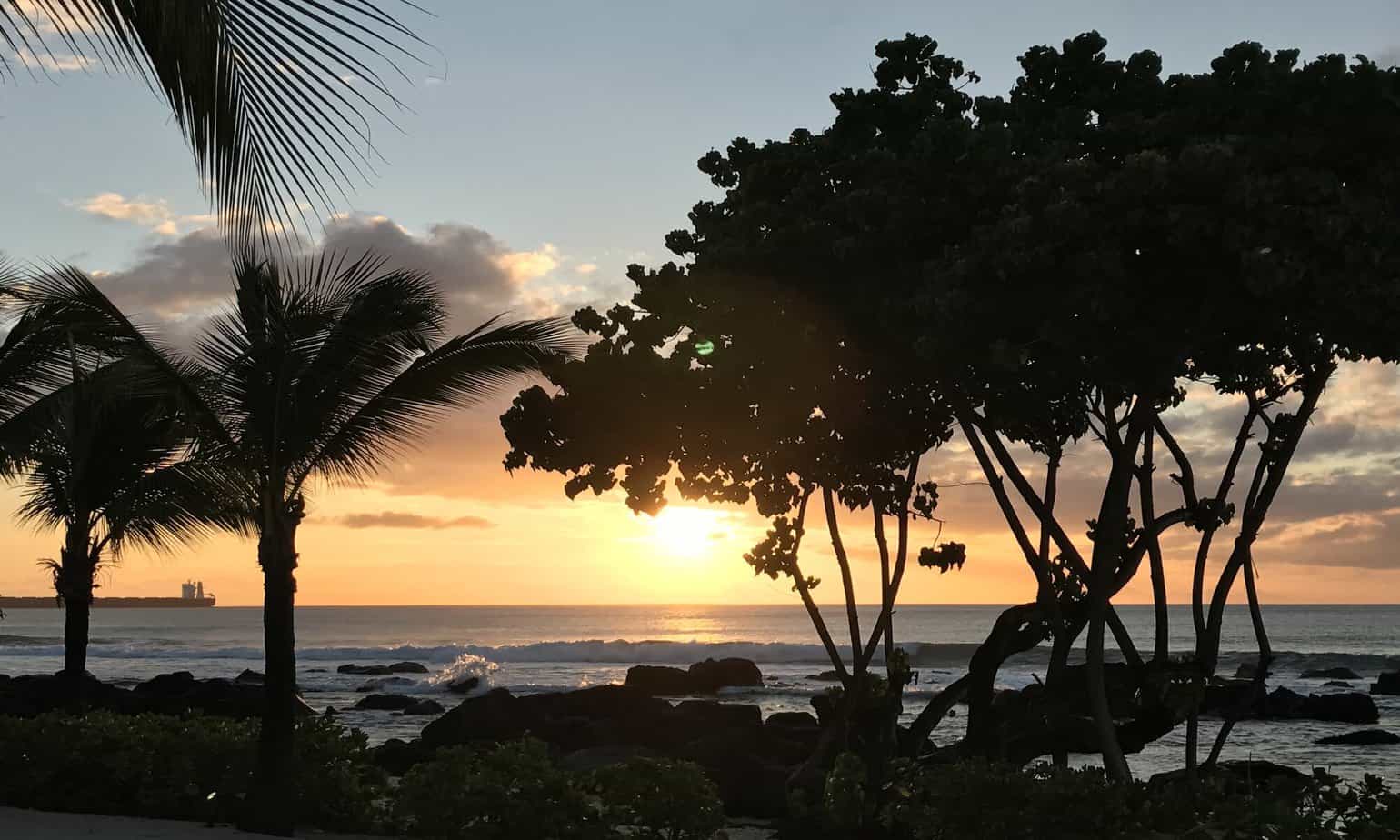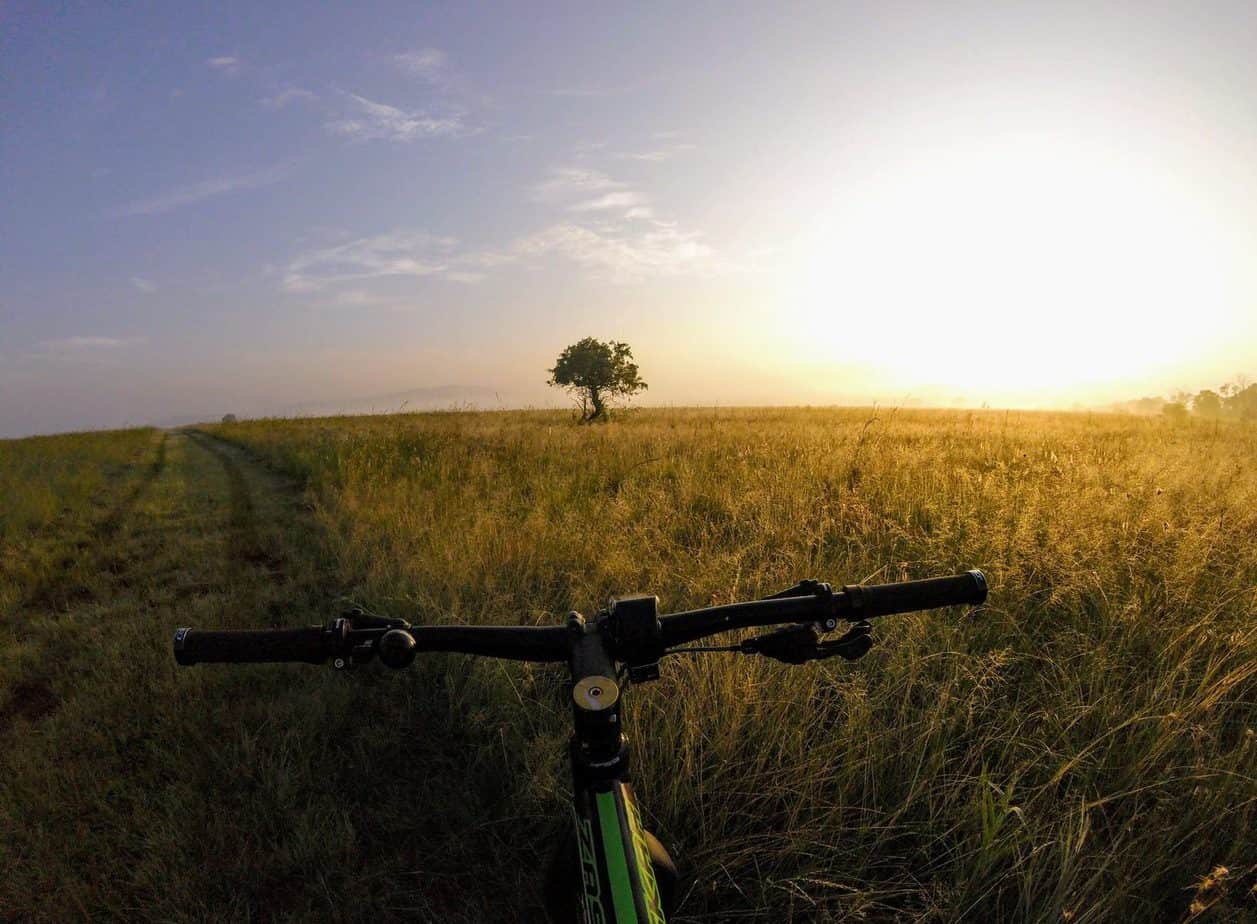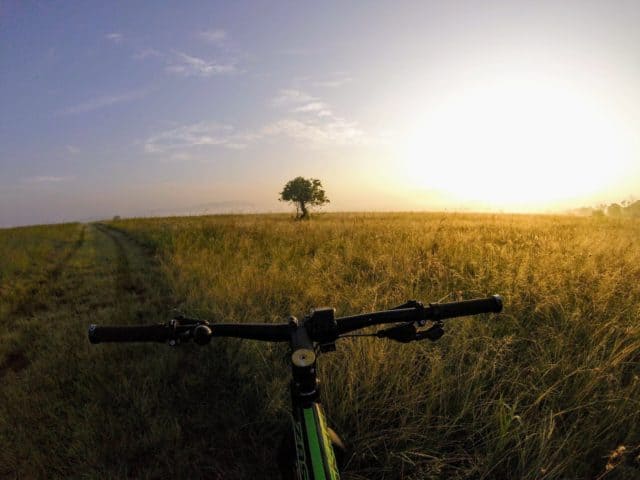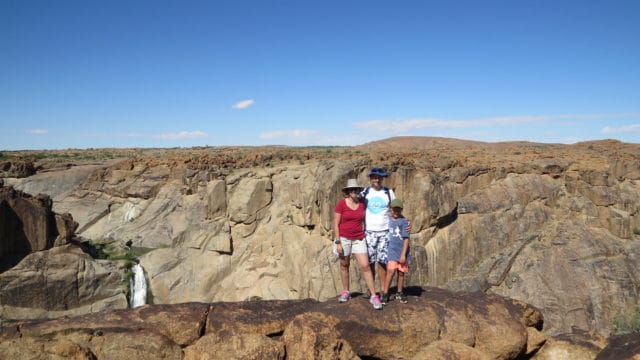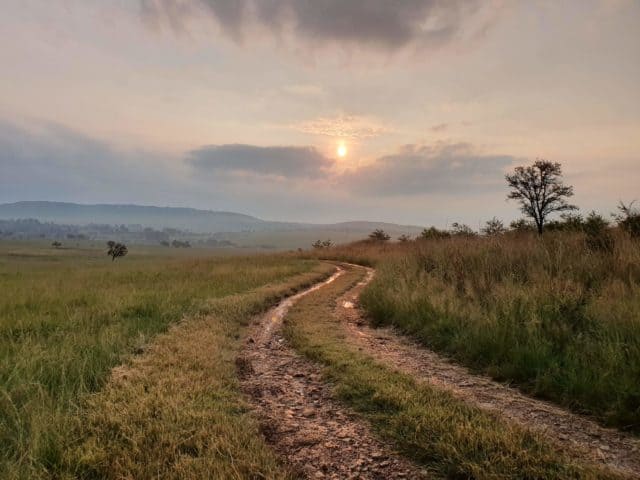Welcome to the Late Starter to FI series!
I am a Late Starter – I did not discover FIRE (Financial Independence Retire Early) concept until I was 47. This was way later, I thought than others who seem to have it all together in their 20s and 30s.
Since I started to write about my own journey, I have discovered there are many more Late Starters like me, yay! It is such a relief knowing I am not alone.
I want to share our stories, our unique perspectives and show that it is absolutely not too late for us.
So in this series, I particularly highlight those of us who start our FI journeys in our 40s, 50s and 60s. And explore questions such as ‘where do we start’, ‘can we still retire early(ish)’, ‘what are the specific challenges for us late starters’. We look at our past, not to castigate ourselves but so that you can learn from us.
Please join in the conversation in the comments below. I encourage you to share your story if you fit the profile of a late starter. You absolutely don’t have to be a blogger or podcaster to share your story.
Please email me at info@latestarterfire.com or connect with me on Twitter or Facebook or Instagram
And if you’ve missed any previous stories, you can catch up here – Late Starter to FI series
Disclosure: Please note that I may benefit from purchases made through my affiliate links below, at no cost to you
Today’s Late Starter, Peter is from Canada 🙂
Peter writes at Professor FIRE where his motto is learn, study, teach FIRE. He has a wealth of knowledge to share so settle in with a beverage of your choice for a good read.
You may also connect with Peter on Twitter
Without further ado, here’s Peter in his own words …
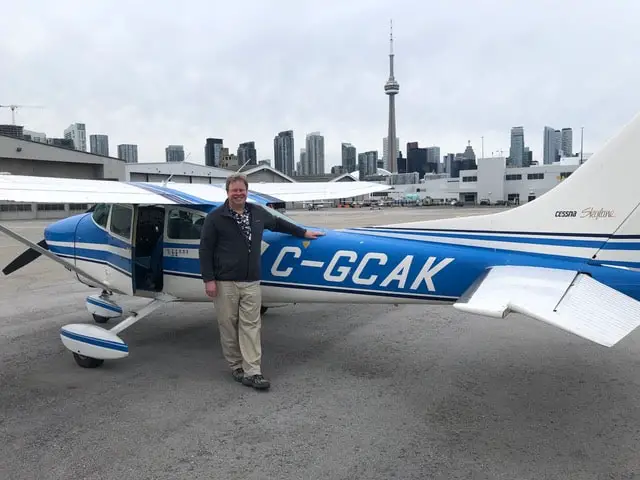
A little about me
I’m Peter, an early 50 something living in a small town called Kingston, about a 2 hour drive east of Toronto in Canada. I’m married with two kids – a 12 year old daughter who is at Canada’s National Ballet School and a 19 year old son who is studying Computer Engineering at the University of Waterloo.
My wife and I have 7 university degrees between us, including PhD degrees for each of us. Needless to say, it’s never in the kids’ best interest to bring home a bad report card!
I stopped working full time two years ago to pursue a Coast FI strategy. I teach as an adjunct professor at a business school in Canada, and do the odd bit of consulting and advising of early stage companies. I am passionate about teaching, learning and developing new skills, and am a licensed private pilot.
I am an infrequent boggier at ProfessorFIRE where I write about financial independence (FI) planning, strategy and risk management.
FIRE or not ...
Before the term FIRE was coined, my first exposure to the underlying idea was when I was an entrepreneur running my first start-up. In discussions with other entrepreneurs, we realised that if we were able to successfully scale and possibly sell our businesses, we would have solved the Lifetime Money Problem – eliminating the need to work to earn money, and live off the proceeds of investments instead.
I ran several start-ups – one failed, the other was acquired by a large multi-national, but not at the level that would solve the Lifetime Money Problem.
In a happy coincidence, I ran across Mr Money Mustache blog in 2013 – Pete Adeney – and quickly realised that I had gone to graduate school with one of his sisters, who is also brilliant. I started to pay attention to his writing and realised that I was already on track to FIRE, despite starting late. I just had to build my “stash” a bit more, reduce my expenses and keep moving forward.
But – and this is a big “but” – I didn’t pursue FIRE to avoid working and “retire”. I like working. I am pursuing FIRE to free myself up to do my best work, regardless of how much I am paid for this work. So, I’m a big fan of the “FI” part, but could care less about the “RE” part.
For more on my perspective on FI vs RE, read FI(RE) & Productive: Part 1 – Getting Past the “RE-piece”
First steps on the way to FI
The first step was a false start. I invested a modest amount of money in the early 1990s in technology stocks, including Oracle, Intel, Microsoft and Dell Computer. I used the gains from these investments to start my first company, which ultimately failed, but was a huge learning opportunity.
I then had to start by building up savings, so started carefully tracking expenses and trying to increase the gap between income and expenses. I started teaching part time to increase my income, not aware at the time that this side hustle of teaching would end up being my permanent, part time gig that enabled the CoastFI strategy.
I bought YNAB from Jesse Mecham when it was still a spreadsheet, and use it religiously now as one of my core systems.
I’m also a huge fan of productivity systems – I implemented the Getting Things Done methodology in 2003 shortly after David Allen’s excellent book of the same name came out. Later, I served on David’s business advisory board and was an invited speaker at the first Getting Things Done Summit in 2008 and was fortunate enough to attend the second summit just last summer (2019) in Amsterdam.
GTD has been a game changer for me – and it’s another one of my core systems. I give a series of ‘bonus’ lectures on productivity and self management in a knowledge work environment to encourage my students to spend time in their careers to develop their own ‘personal operating system’.
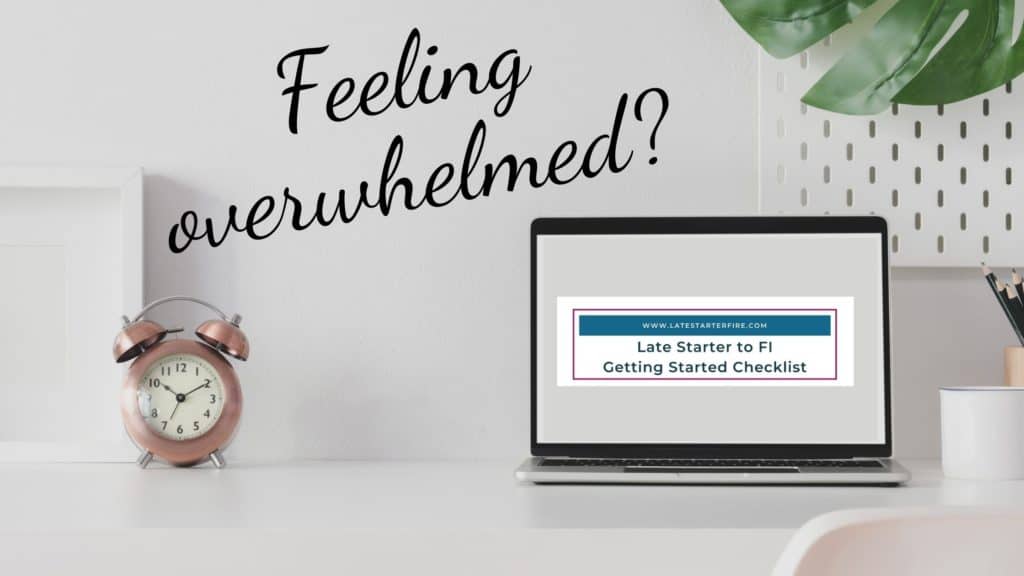
Feeling Overwhelmed?
Use this FREE Checklist to start your journey to Financial Independence
Coast FI strategy
I am approximately 50% of my way to “absolute FIRE”, where a 4% safe withdrawal rate would cover all of my expenses. Almost all of my investments are in Registered Retirement Savings Plans (tax deferred) and Tax-Free Savings Accounts.
My kids’ education is largely saved up for in Registered Education Savings plans, and my son is in a co-op program that helps him pay a significant proportion of his education costs.
My daughter’s acceptance into Canada’s National Ballet School was a welcome, though unexpected surprise. She moved to Toronto at age 12 and lives in residence. The costs for this 7 year program make university costs pale by comparison. So I am still working to contribute to this expense as well.
I am 100% invested in the Vanguard S&P 500 Index Fund (the Canadian dollar hedged version). Nothing else. I still have a 15-20 year investment horizon before I would begin to withdraw, because I am pursuing the CoastFI strategy.
CoastFI means that without any additional contributions, I will hit my FI number somewhere around a conventional retirement date. I no longer need to contribute to retirement savings or education savings for my kids.
All I have to do is earn enough to continue to pay my yearly expenses, and I will eventually hit my FI number. However, because I am able to earn efficiently due to my experience and current role, I only have to teach 3 to 4 12-week courses per year to earn enough income for my expense offset.
I can work 1 to 2 days per week teaching and consulting, and not only make my base expenses, but continue to max out contributions to my Retirement plans and to support my daughter at the National Ballet School, which isn’t cheap!
I also still have a mortgage, which I am slowly paying down – which I regard as the ‘anti-bond’ allocation within my overall investment strategy.
Eventually we will move to a lower cost of living area and/or a smaller house, which will free up some of the capital that is currently tied up in a fairly large house (which has been great during COVID-19). The property also has a modest guesthouse which, in normal times, we have started to rent out as an AirBnB.
So I have been fortunate to have been able to free myself up from the need to work full time. Now the big challenge is to identify the next big projects that I want to commit to – likely in 5 year chunks.
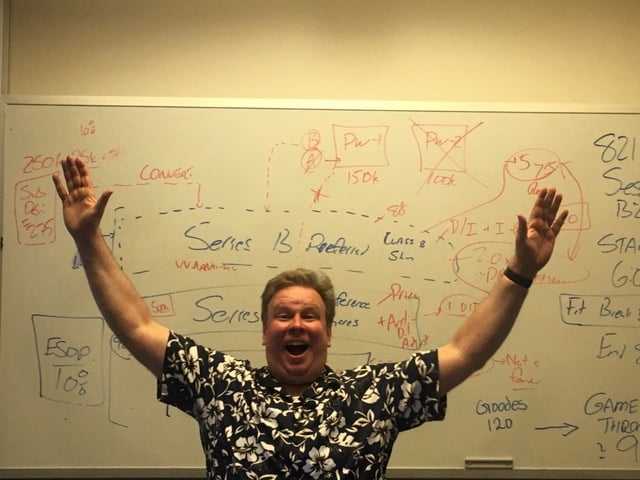
Risks of FIRE
I conducted a session at Camp Mustache on “Risks of FIRE” where I encouraged the audience to develop a specific, written risk management plan to protect their FIRE plan.
Kristy Shen and Bryce Leung outlined some key strategies in their excellent book entitled “Quit Like a Millionaire” such as the Cash Cushion and Yield Shield.
Everyone who is pursuing FIRE should, in my opinion, have a written risk management plan and a personal investment policy statement that they can refer to when times are tough.
I was also interviewed about this topic on the FI Garage podcast – Interview #11 – Do You Have a Risk Plan for FIRE?
Where am I at now?
I was fortunate to have had a fairly high paying primary job for several years (earning $250 000 per year) and was able to still teach the odd university course as my ‘side hustle’ – which I’ve done for 15 years at the rate of 1 to 2 courses per year.
I was able to save 80+% of my income in the last 3 years before I stopped working full time 2 years ago, which was a major boost on my journey to FI. Along with some reasonable investment returns, this moved me about 10% of the way to FIRE in each of the last 2 to 3 years (of full time work)
I’m 50% to FI, and I feel that this is the most difficult part. Going forward, anticipated returns from the stock market (except for 2020 and perhaps 2021) should make the journey to 100% a lot faster than it was to get to 50%.
My ‘stash’ of investments is enough to handle any emergency, and I do keep a small emergency fund in cash in an interest-bearing account – 2 to 3 months of expenses, but my income is quite secure, so the remainder can be fully deployed in the stock market.
I still worry about money, but more because I like saving and accumulating and miss the high savings rates of the past, but I have a significant amount of free time to think, exercise, pursue hobbies, support my kids, and spend time with my wife. I’m still considering a few ideas for another ‘big entrepreneurial project’.
It’s taken more time than I expected to decompress from full time work, recover my health a bit, and clear the decks both psychologically and physically (getting rid of clutter) to ensure that I have a clear head so I can clearly consider future options.
I’ve also spent a lot of time developing a collection of 10 core Habits and Systems that I am focusing on carefully. Instead of setting specific goals I am letting these habits and systems create the conditions needed for the outcomes to appear.
I wrote about it here – 2020: A Year of Focus on Habits and Systems – The Details, Part 1
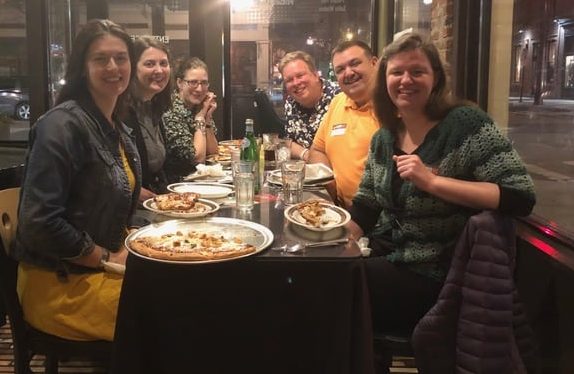
Connecting with the FIRE community
I was fortunate to work with Jillian Johnsrud as one of her coaching clients throughout 2019 to help me make the transition from full time work. It was certainly a process, with its ups and downs. What really hit me was two key ideas:
1. Flexible FIRE: a great reminder that FI is not strictly the 4% rule or that you absolutely will never earn another dollar when you ‘retire’. Also, it’s extremely rare (and difficult) for someone to go from a savings rate of 60-70% of their income to drawing 4% to live them. It’s not the most likely scenario, and there are lots of options. Jillian’s article on Flexible FIRE was game changing for me!
2. Building a life I will never retire from: the idea of designing your life in a sustainable way, so that by the time you reach FIRE, you can make a smooth transition to the life that you have designed, and you can begin living a large proportion of that life now, before reaching FIRE!
For anyone considering FIRE or any of the related strategies, such as CoastFI or SlowFI – it’s important to ‘begin where you are’. I wrote a blog post about this – Start Where You Are
It’s also important to seek out others who are on a similar journey. For many of us, our immediate circle of friends and family may not be comfortable talking about money, and may not understand or appreciate that the FI journey is more about psychology than it is about money. As JD Roth says, “the math is easy, it’s the psychology that is hard.”
Also consider attending a FI retreat to meet like minded people. I attended both Jillian Johnsrud’s excellent Montana retreat (Adventures to FI) and the EconoME conference in Cincinnati in March 2020 – my last trip before COVID.
It’s so important to engage with like minded people as you are developing your own FI plan. Find your community!
How my relationship with money has changed
I used to have a practically single minded goal – to have millions – literally millions of dollars in the bank, and would imagine WHAT I could buy with this money (nice house, fast car and an even faster airplane – which is what you dream of when you’re a licensed pilot!)
Now I imagine how much of my own time and life I can buy with this money.
I don’t need a bigger house, a faster car (I have an electric car now that’s 9 years old and runs great), and I share an old plane – a 1984 Cessna 182 with a couple of friends in a loose partnership.
My money also enables a key objective of my life: responsibility. Responsibility is rooted in two words – response and able – that is, being able to respond to what I have committed to in my life and where I have placed my energy and focus.
Right now, that’s my family and supporting them as they continue to learn and grow. My wife has recently also transitioned to part time work and we’re spending significantly more time together and travelling more to the US to visit her family.
Advantages of starting late to FI
Late starters to FIRE have a couple of major advantages – let’s talk about three of them:
1. Motivation and staying power: a shorter timeline to achieve Financial Independence vs the 30 and 40 somethings add a sense of urgency that can be quite motivating!
2. High earning potential: more professional experience and skills translates to higher earning power, so it may be easier to create a large gap between income and expenses, or to pick up a side hustle teaching or consulting to bring in extra income. Frugality is great to help on the FI journey, but it has its limits – so increasing earnings may be a great way to move forward.
3. Existing asset base: mortgages may be low or already paid off, and there may be considerable equity built up in an existing home that a transition to a smaller house or moving to a lower cost of living could unlock and move you quite far down the line toward FI.
What's next?
I really like the motto “solve et coagula” – which means that something needs to be broken down before it can be built up.
I needed time to decompress from full time work to recover my health and to ‘clear the decks’.
And now, I am working through a deliberate process to design the next 5 to10 years of my life, which will include a healthy dose of fun and adventure, skill building, time with family, time alone, deep thought, my ‘next big project’ and yes, even making a little money from time to time!
Of late, I do confess that sometimes I miss the focus, adrenaline and larger income that came from full time work, especially in a CEO/leadership role. And I see myself doing more strategic consulting work in the future to leverage my skills and fill this gap … plus also working on 1 to 2 longer term entrepreneurial projects to satisfy the ‘inner entrepreneur’ in me, that needs to keep creating new things.
Back to Latestarterfire
Wow, there is so much to unpack here!
Thank you, Peter for sharing your story and teaching us great lessons at the same time. It never ceases to amaze me that there are many different paths to achieve FIRE, even if we are starting a little late.
I always thought of Coast FI as a strategy for the younger folk, as you need to front load your investments then allow it to build over time. But your story has opened my eyes to its possibility for late starters.
I admire your commitment to forming systems and habits to get you to your final goals. This was my focus too for 2020, except mine are not as developed as yours!
And your commitment to learning new concepts and seeking out a community of like minded individuals is impressive. I love Jillian too – her work has helped me the last two years to think about living my life more intentionally.
Thank you for pointing out the risks of FIRE – that we should all have a management plan to protect our FIRE plan.
I look forward to following your journey – you have so much energy and I can understand why you don’t want to retire fully. Good luck on all the future projects!
